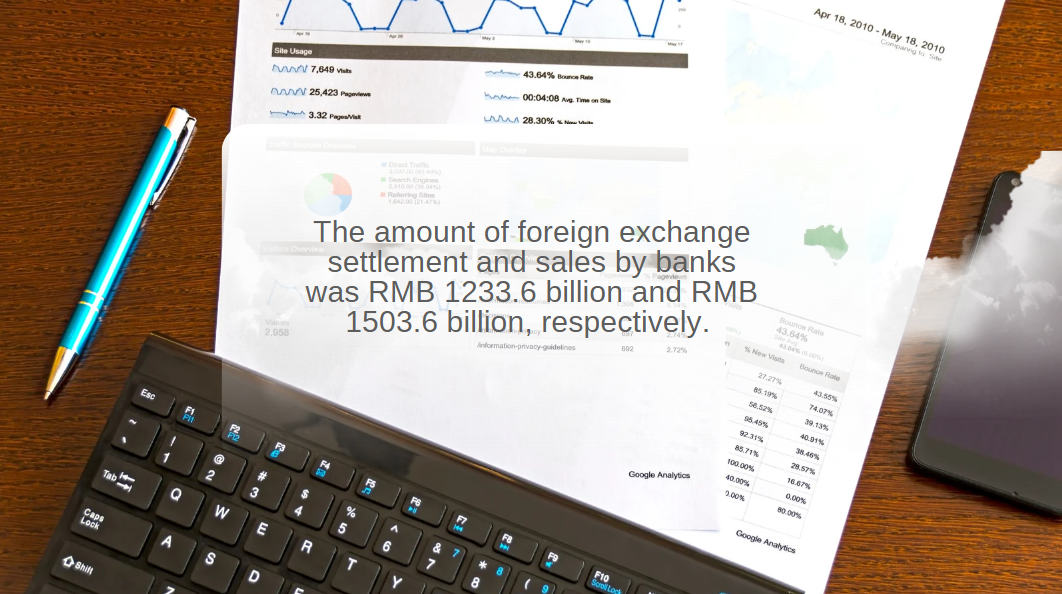MAS and PBC Bolster Green Finance Cooperation at Second GFTF Meeting
The Monetary Authority of Singapore (MAS) and the People’s Bank of China (PBC) have significantly advanced their collaboration in green and transition finance, a critical area in the fight against climate change. This was cemented at the second meeting of the China-Singapore Green Finance Taskforce (GFTF) held on May 20, 2024. The GFTF, established in 2023, aims to enhance the flow of green finance between China and Singapore, driving the broader region towards a sustainable, low-carbon future.
Evolution from the Inaugural Meeting
The GFTF's inaugural meeting on April 21, 2023, in Chongqing, laid the groundwork for this ambitious collaboration. During this initial meeting, MAS and PBC focused on three main areas: enhancing the interoperability of taxonomies, boosting the issuance and acquisition of green bonds, and leveraging technology to support sustainable finance. These foundational steps have evolved into more concrete outcomes discussed in the second meeting.
Advancing Green Finance Initiatives
At the latest meeting, several significant initiatives were discussed, reflecting the GFTF’s commitment to deepening cooperation in green finance. The initiatives span across three main workstreams: taxonomies and definitions, products and instruments, and technology.
Taxonomies and Definitions:Building on the groundwork from the first meeting, MAS and PBC are advancing towards aligning the Singapore Asia Taxonomy (SAT) with the International Platform on Sustainable Finance’s (IPSF) Common Ground Taxonomy (CGT). This alignment, expected to be completed by the end of 2024, will facilitate the cross-border issuance of CGT-aligned green bonds and loans, streamlining the financing processes for corporates in both countries. An industry capacity-building session was also conducted to enhance understanding of transition activities as defined by China and Singapore, deepening the mutual comprehension established in the initial meeting.
Products and Instruments:The collaboration between the Singapore Exchange (SGX) and China International Capital Corporation (CICC), initiated in the first meeting, focuses on creating a "Green Corridor" to ease green financing flows. A landmark achievement in this workstream is the issuance of a 3-year sustainability-linked panda bond worth RMB 1 billion by CapitaLand Investment, a Singapore-based real asset management company. This issuance, rooted in the discussions from the inaugural meeting, is expected to encourage more such bonds, enhancing the connectivity of the green finance markets in both countries.
Technology:The technological collaboration, first conceptualized in Chongqing, has seen substantial progress. The Metaverse Green Exchange and Beijing Green Exchange are now jointly developing a carbon accounting and decarbonisation rating platform. This platform will aggregate carbon emissions data from Chinese corporates, aiding financial institutions in structuring green financing solutions. The feasibility of aligning the decarbonisation rating methodology with both CGT and SAT is also being studied, a direct continuation of the initial meeting's technological focus.

Emerging Areas and Future Plans
In addition to these primary initiatives, the meeting explored emerging interests such as biodiversity, ESG data model interoperability, and the use of AI and data analytics through platforms like Greenprint (Gprnt) and Project NovA!. These technologies, discussed initially, are now aimed at improving the collection and utilization of high-quality ESG data, which is crucial for driving green and transition finance efforts.
Gillian Tan, MAS' Assistant Managing Director (Development and International) and Chief Sustainability Officer, emphasized the importance of the GFTF, stating, “The GFTF is a key platform for China and Singapore to jointly develop concrete and meaningful initiatives to advance green finance cooperation. The wide range of deliverables announced today is testament to the strong collaboration between MAS, PBC, and industry partners from both countries and our shared ambition to mobilize the financing required for an effective transition to net zero in the region.”
Looking Forward
The cooperative efforts of MAS and PBC through the GFTF signify a robust bilateral commitment to tackling climate change via financial mechanisms. By fostering closer ties and shared frameworks, the two financial powerhouses are setting the stage for a more integrated and effective green finance market in Asia, paving the way for a sustainable future. The GFTF’s ongoing evolution and growing list of achievements underscore the dynamism and potential of this strategic partnership.





















































First, please LoginComment After ~